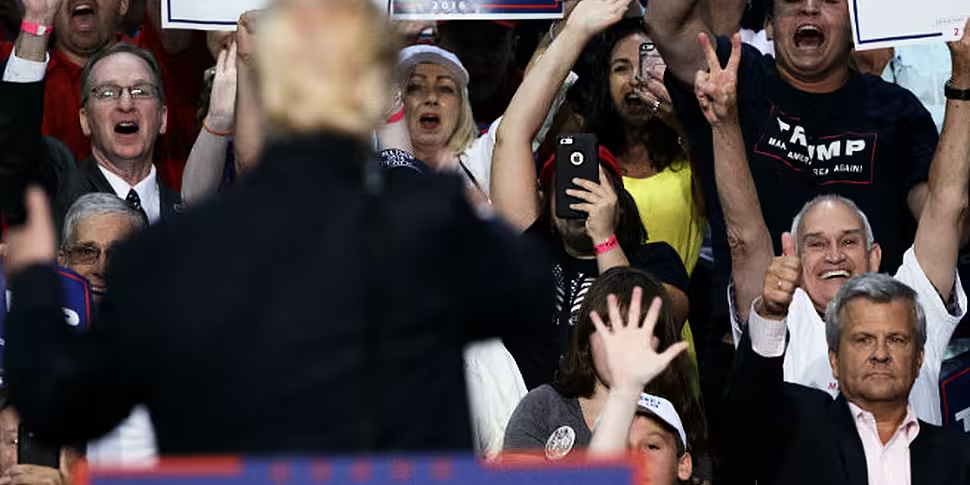Dr Pete Lunn, the Behavioural Economist at the ESRI joined Newstalk Breafast this morning for a chat about why it seems like we live in such polarising times. Why consensus can be so hard to achieve today and why, when we look to the United States in particular, a ‘them vs us’ attitude is increasingly common in politics.
Mr Lunn says we long to surround ourselves with people who have the same beliefs as us:
“Beliefs are a form of social glue - and that trades off with the truth. It’s partly that having particular beliefs is a very strong signal belonging to a social group and its a very easy way of generating social groups,” he told Newstalk, adding that this results in us actively seeking out people who share our beliefs.
As well as serving our desire to feel connected to others, we also like people who share our beliefs because we make a big "investment" in our identities though them and seek affirmation of those beliefs. They serve as a guide to our "future behaviour, and our planning, and how we approach life" - exposure to alternative beliefs undermines and threatens this investment.
Growing divide
The behavioural economist says that voters have a strong preference for hard-line politicians who do not backtrack on issues, even when circumstances change.
He adds that the polarisation of politics is not imaginary - there is hard data to back it up. In the US a number of in-dept research projects have demonstrated a push from the middle to the further left and right during the past 20 years.
As a social scientist, Mr Lunn says that the two strongest hypothesis are that this is due to increased mobility, and the rise of the internet. He has taken a particular interest in the second theory and the creation of a 'louder echo chamber' through changes in media consumption.
Exposure to more news sources actually means that we are taking in less perspectives, as we can choose to read, listen to, and watch content that reaffirms our beliefs.
"This greater diversity leads to a narrowing in exposure to beliefs and opinions," he concludes. These technologies service our need to believe that we are right, and limits opposition to these deeply held beliefs - and this in turn leads to hardening of these perspectives, leaving less room for a political middle-ground.









